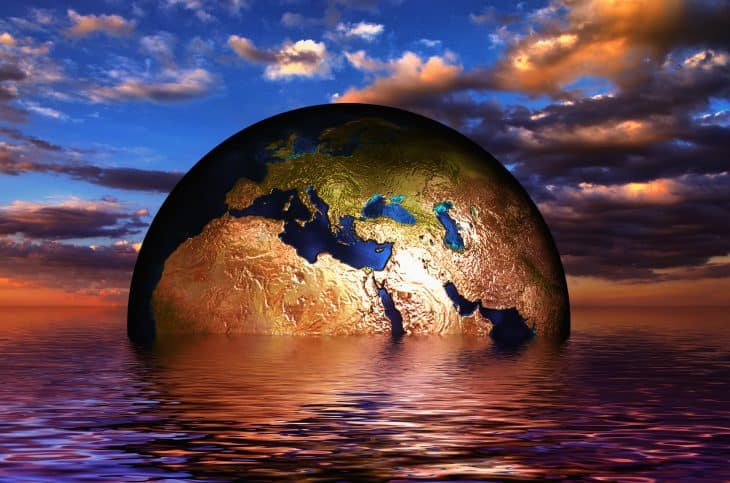
- Definition: Long-term changes in weather patterns
- Causes: Biotic processes, solar radiation, plate tectonics and human activity
- Effects: Change of climate on Earth
- Evidence: Temperature statistics, flora and fauna, sea level
- Solutions: Cleaner energy, infrastructure update, ecological politics
- Where: All over the Earth
- When: Always, more intensely in recent decades
- Prediction: Theoretical models
- Problems: Potential extinction of various species
- Locations: Oceans, forests, glaciers, clouds
- Terminology: Climate Change Is Not Necessarily Equal to Global Warming
- Views: 2 Dominant Views: Climate Change Is a Problem vs. Climate Change Is Ever-Present
- Vegetation: Climate Change also Changes the Vegetation of Our Planet
- Animals: Beetles Are the Heralds of Climate Change in the Animal World
- Consequences: A 2°F Change in Global Temperature Is Enough to Cause Major Changes on Earth
- Consequences: Climate Change Can Cause Colder Winters
- Myths: The Ozone Hole Has Only Minor Effects on Climate Change
- Prediction: Climate Change Will Probably Cause Most Deaths through Deadly Disease
- Incidences of Asthma are likely to increase due to Climate Change
- The Artic is one of the areas most affected by Climate Change
- One of the greatest enemies of battling Climate Change is the Fossil fuel industry
- Most major natural disasters of recent years can be tied to Climate Change
- 90% of Scientists believe that the global temperature has risen
- Eureka, the Greenhouse effect is not necessarily a bad thing
- Climate Change has made the Northwest passage sailable
- Holy Cow, Us cows produce more Methane than the entire US oil industry
Climate Change Facts Infographics
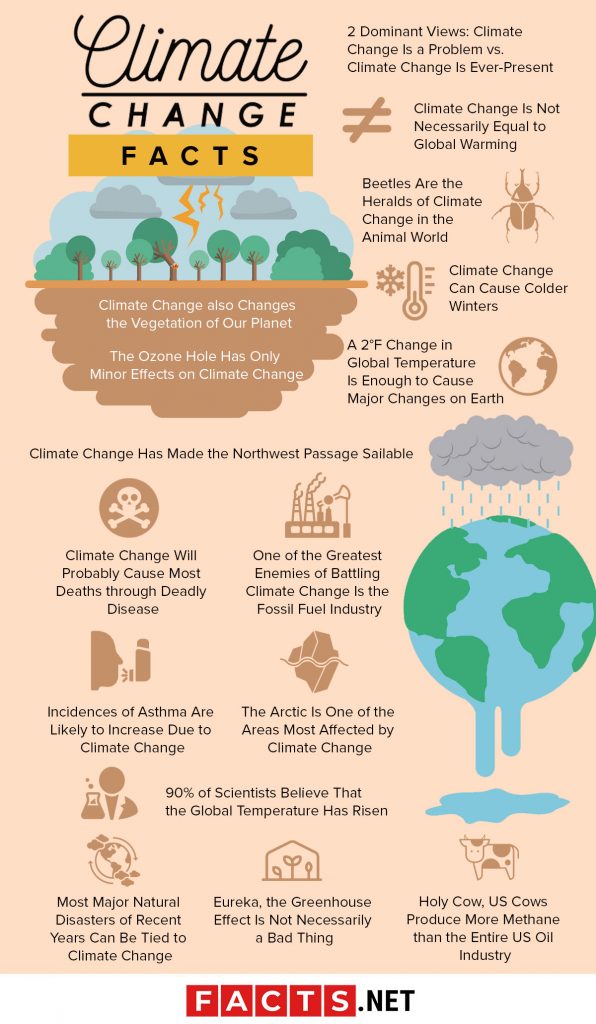
Climate Change Is Not Necessarily Equal to Global Warming
Climate change facts reveal that although the terms climate change and global warming are often used interchangeably, they do not mean the same looking from a scientific perspective. Climate change is a broader term and includes global warming; global warming is a narrower term and describes the part of the climate change that is caused by human activity, mostly through the release of greenhouse gases to the atmosphere.
2 Dominant Views: Climate Change Is a Problem vs. Climate Change Is Ever-Present
A part of the scientific and general community believes that climate change is a huge, potentially existence-endangering problem that has to be dealt with immediately, while the other part believes that climate change is ever-present and thus cannot be stopped. The latter group also believe that all we need to do is adapt to it. The difference between the two dominant views on climate change can also be understood as different interpretations of just how much human activity affects the climate change – if it is believed to affect it significantly, climate change can obviously be decreased, and if not, our only chance is to adapt to it.
Climate Change also Changes the Vegetation of Our Planet
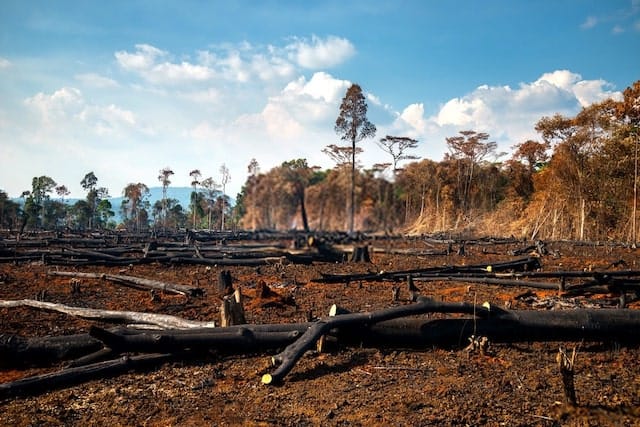
This can happen either gradually, with vegetation slowly adapting to new conditions, or much quicker with vegetation suddenly experiencing a great shock and dying in the process. An example of the latter is the Carboniferous Rainforest Collapse about 300 million years ago. Examples of gradual adaptation are visible presently throughout the planet: gradual extinction of some species, new species emerging and the changes in lifecycles of various living organisms.
Beetles Are the Heralds of Climate Change in the Animal World
Dead beetles, actually, since scientists find their remains in freshwater and land sediments. Different species of beetles are found in different climate conditions, and scientists use these differences to determine present and past changes in climate.
A 2°F Change in Global Temperature Is Enough to Cause Major Changes on Earth
Scientists predict that a 2°F increase in temperature, although seeming very small to us, can cause significant changes on our planet. Among these changes are: a 5 – 15% crop reduction, a 3 – 10% increase in precipitation during wet season, a 5 – 10% decrease in river flow during dry season, and a 2 – 4 times greater chance of wildfires. The global temperature has risen by about 1.4°F during the last century.
Climate Change Can Cause Colder Winters
And climate change facts reveal that it already has! For example, the winters of 2010 and 2011 in the Eastern US were colder than the previous decade’s average. How is that even possible if one of the most important factors of climate change is the increase in global temperature? This happens because of more water vapour persisting in the atmosphere, causing more frequent and more violent snowstorms. Although the overall duration of future winters is expected to shorten, they will probably be slightly colder than before.
The Ozone Hole Has Only Minor Effects on Climate Change
Climate change facts also reveal a myth that the ozone hole is responsible for climate change. The ozone hole, a consequence of chemical emissions released into the atmosphere, is certainly dangerous, since it intensifies the solar radiation that reaches our planet, but it has only a minor effect on global climate change.
Climate Change Will Probably Cause Most Deaths through Deadly Disease
So, most deaths won’t necessarily be caused directly by changes in nature or weather itself, but through deadly diseases that will spread among the population much faster due to higher temperatures and related water shortage problems. This is one possible future scenario, predicted by theoretical models of climate change effects. However, many scientists argue that these theoretical models might prove to be widely inaccurate, since climate change is a very complex area of research and includes thousands of known, and also many unknown, factors.
Incidences of Asthma Are Likely to Increase Due to Climate Change
Asthma is a chronic inflammatory disease of the airways. About 300 million people have the disease, and about 20 million people are forced to live their lives with a moderate or severe disability due to this disease. Many more are projected to suffer from asthma attacks due to future climate change. Why? Because increased heat increases the levels of pollen and other allergens in the air, trigging asthma-related problems.
The Arctic Is One of the Areas Most Affected by Climate Change
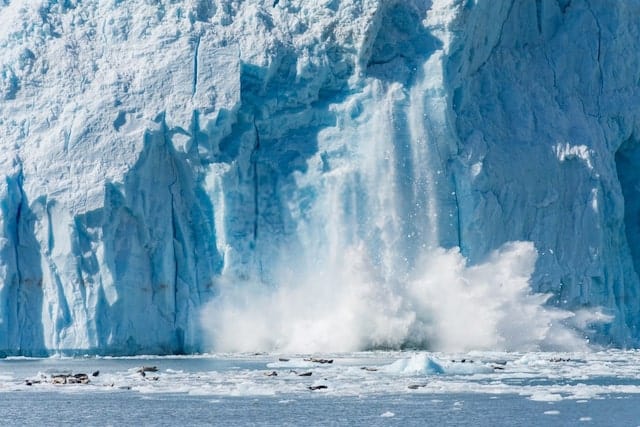
How do we know this? By observing permafrost melting, the receding of the glaciers, and sea ice disappearing. But the damage done to the Arctic will not only hurt the region; it will hurt the entire planet. First of all, warming will further increase due to the simple fact that ice, which reflects a significant part of solar radiation back to space, will melt. Secondly, melted ice is likely to cause flooding. And third, currents of the oceans will change significantly, affecting the wild life and ecology of the whole world.
One of the Greatest Enemies of Battling Climate Change Is the Fossil Fuel Industry
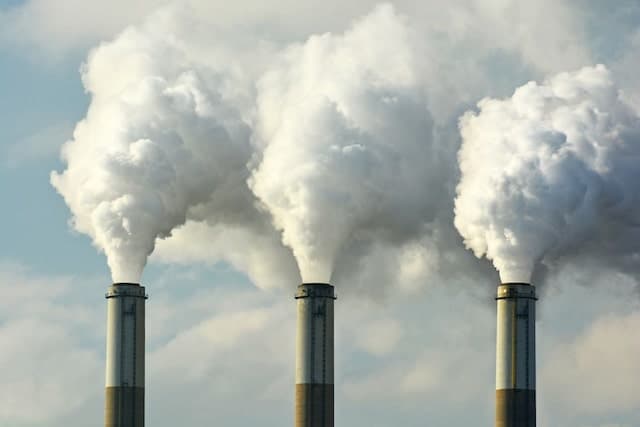
Most of the usual suggestions that could decrease global warming seem unsound to the fossil fuel industry. Their arguments? Climate change statistics are often exaggerated or unreliable, higher taxes on fossil fuels would hinder the US economy and leave a lot of people out of work, and the use of ecological technology in its current state poses a great risk to our health and safety. Judge for yourself who might be right – the majority of the scientific community or the fossil fuel industry …
Most Major Natural Disasters of Recent Years Can Be Tied to Climate Change
According to the Climate Change Conference in 2010, 93% of almost 400 natural disasters that occurred in the year 2009 were climate-related. Furthermore, out of almost 11,000 deaths caused by natural disasters, almost 9,000 were climate-related. And the cherry on top – out of 142 million people who were affected by natural disasters, 139 million were involved in climate-related natural disasters.
90% of Scientists Believe That the Global Temperature Has Risen
In addition to this, climate change facts also reveal that 97% of scientists in the field of climate research believe the same. Perhaps this might convince skeptics that something really is happening to our planet…
When asked if human activity is a significant factor in climate change, 97% of climate scientists agreed, and so did the majority of general scientific population, although a bit less convincingly, at 82%.
Eureka, the Greenhouse Effect Is Not Necessarily a Bad Thing
Most scientists agree that the greenhouse effect has caused a rise in the average global temperature (and will continue to do so), and all climate change fighters like to emphasise this fact in their claims. But what they sometimes forget to mention is one of the most stunning climate change facts: if there were no greenhouse gases in the atmosphere, the temperature of the Earth’s surface would be too cold to support life.
Climate Change Has Made the Northwest Passage Sailable
The Northwest Passage is a famous route through the Arctic Ocean which follows the northern coast of North America and connects the Pacific Ocean and the Atlantic Ocean. Until 2009, sailing was possible only during a short part of the year, but nowadays, due to ice pack shrinkage, ships can sail the Northwest Passage for the better part of the year. Every dark cloud has a silver lining …
Holy Cow, US Cows Produce More Methane than the Entire US Oil Industry
Climate change facts show that methane is one of the biggest contributors to the greenhouse effect, and the US oil industry has been accused of producing way too much of it. But here comes a twist: US cows produce more methane gas than the entire US oil industry – they are responsible for 20% of all US methane production.
Climate Change Facts – Facts about Climate Change Summary
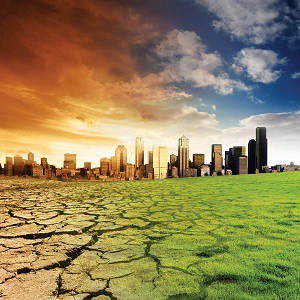 The term climate change is used as a near synonym for the term global warming, but is in reality a much broader term. It includes global warming, but also other climate changes that have been observed on our planet over the last few decades. If the current trend of climate change continues, it could have a great impact on life on Earth – various species’ existence, including human existence, could be threatened. There is a big disagreement among the public regarding climate change – some see it as a natural process that calls for adaptation, while others see it as the biggest threat of the future and are thus desperately trying to stop it.
The term climate change is used as a near synonym for the term global warming, but is in reality a much broader term. It includes global warming, but also other climate changes that have been observed on our planet over the last few decades. If the current trend of climate change continues, it could have a great impact on life on Earth – various species’ existence, including human existence, could be threatened. There is a big disagreement among the public regarding climate change – some see it as a natural process that calls for adaptation, while others see it as the biggest threat of the future and are thus desperately trying to stop it.
Was this page helpful?
Our commitment to delivering trustworthy and engaging content is at the heart of what we do. Each fact on our site is contributed by real users like you, bringing a wealth of diverse insights and information. To ensure the highest standards of accuracy and reliability, our dedicated editors meticulously review each submission. This process guarantees that the facts we share are not only fascinating but also credible. Trust in our commitment to quality and authenticity as you explore and learn with us.
